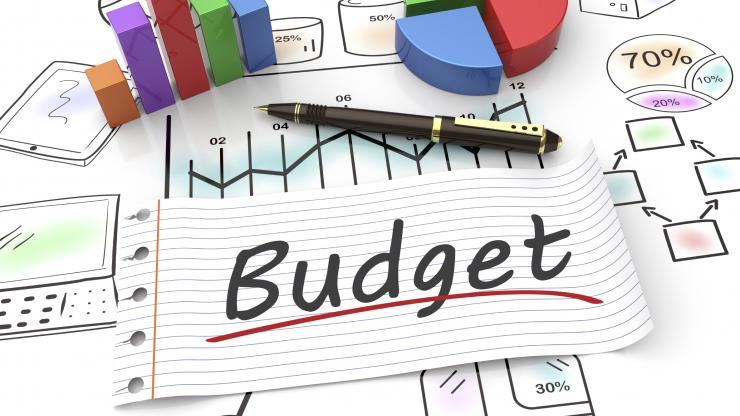Purchasing your own house is definitely exciting, especially for first-time buyers. However, the paperwork and finance can be daunting and it is important to have a well-thought-out budget plan.
Planning a budget helps to stay within limit and not end up spending extravagantly. It should ideally start around five years prior to your first home purchase, depending on your financial circumstances. Here are some techniques to help plan your budget for your first home.
Get financial statements
The first and foremost step of planning a budget is listing your assets and incoming cash flow. Gather all financial statements that include bank balance, investments, bonds and other income sources like equities. Make a note of the total assets you possess and list down your monthly income as accurately as possible.
Check savings and expenses
After determining your income sources, make a list of the outgoing cash flow, including monthly expenses on house rent, utilities, groceries, debts, credit card bills, entertainment and shopping. Check for left-out items by tallying average amounts that actually end up as your savings.
Budget plan
A budget plan is more a game of balance sheets than income statements alone. At the end of the day, it’s not what you earn, but what you save that counts. Unless your income is equal or more than your expenses, you’d definitely need to cut down on the non-essentials and make way for savings.
Considering a few major expenses like house rent, travel and living, one should plan to save for buying a house. It’s important to keep in mind that such plans will vary drastically for each one — most significantly by income, expenses and financial habits. We break down the costs and plan the budget for three different income groups — Dh15,000, Dh25,000 and Dh40,000.
All the equated monthly instalment (EMI) values are approximated and for illustration only. To simplify the calculations, profits gained on the down payment savings are not considered.
Monthly income: Dh15,000
As shown in Table A, if you have an expense of Dh12,000 for a monthly income of Dh15000, you save Dh36,000 a year. If you are planning to purchase a property worth Dh700,000, it would take you around five years to accumulate just the down payment.

Once you move into your new house, you’ll save on your rent, and even if you pay half your previous rent amount as an EMI, you can square off the loan in roughly 15 years. You can even pull the throttle and close the deal in around nine years. Keep in mind that in all likelihood your income will grow with time, and this will get easier to achieve if you build a strict financial discipline in the first few years.
Monthly income: Dh25,000
Table B applies to you if your monthly income is around the Dh25,000 mark and if you are planning to purchase a property worth Dh1 million. It would take three years to accumulate enough for a down payment if you are spending like most people.

Going by these calculations, you can easily square off your loan in nine years if you can save around Dh8,000 a month and give it all up on the EMIs. In case it sounds aggressive, you can close the loan in 13 years by depositing Dh6,000 a month in your bank.
Monthly income: Dh40,000
Table C is for those who earn more than Dh40,000 per month and are in the lookout for a home worth Dh2 million. If you can save at least Dh8,000 per month, you should be able to bid adieu to the mortgage in about 22 years.

If you’re able to keep your expenses in check for the long term, you can also close the loan in 12 years by paying an EMI of Dh12,500.
Understand ownership costs
Several costs come barging in once you become a homeowner. From mortgage processing fees to the minor or major house renovations, you’ll need to maintain some funds at your disposal to make sure the sail is smooth — since so far it would have been your landlord bearing the repair costs, property tax, cleaning, maintenance and painting. Decide on the property value you can afford and calculate the EMI to check the long-term viability of your plan.
Work on savings
Even though banks provide mortgage of 75-80 per cent of the property value, the remaining 20-25 per cent should be borne by you. Buyers also have to take care of the additional charges like processing fees, property registration fees and agency fees — and you need to plan for them as well.
Rather than breaking the emergency funds, savings can help in covering these costs. Put at least 20 per cent of your monthly income on down payment savings. Making some moderate-risk investment in gold, bonds and business that can provide decent returns can be of help.
Improve credit score
A home mortgage is definitely a huge financial assistance. Your existing debts should not be a hurdle for that. Try paying your credit card bills, existing loan EMIs on time and improve your credit score. Budget planning should be done a minimum five years prior, so there would be enough time to improve your credit score. Make sure you have a low debt-to-burden ratio, which will increase your chances of loan approval.
All rights reserved to the initial publisher for Gulf News
Collected and published by Arms &McGregor International Realty® editorial team. Get in touch with us at [email protected]

